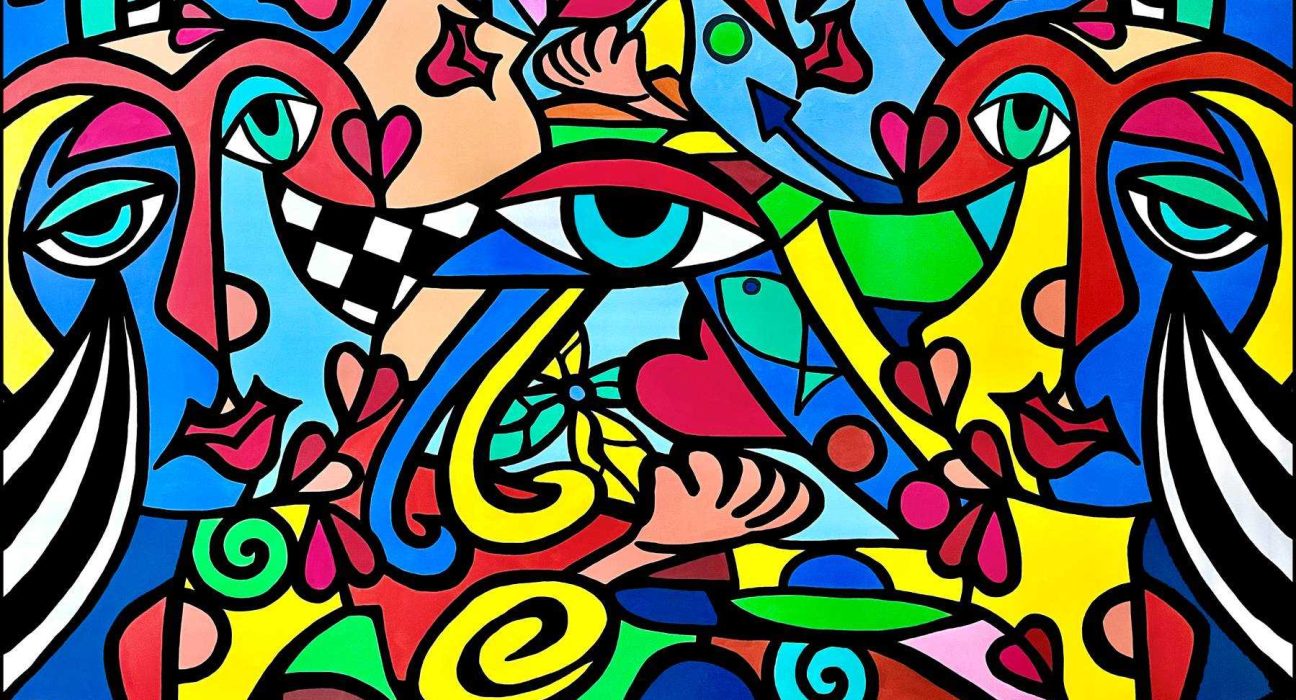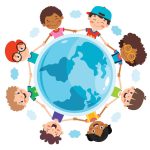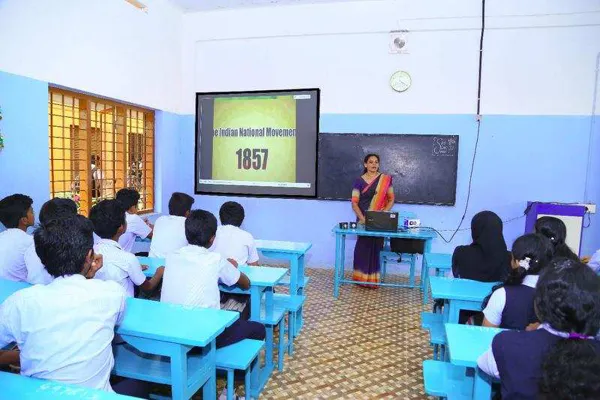Exploring the Influence of Pop Culture on Modern Learning Methods

Pop culture, which includes movies, music, television shows, social media, and video games, has long been a reflection of societal trends. However, in recent years, its influence has expanded into the realm of education, reshaping modern learning methods. Educators are increasingly incorporating pop culture references into lessons, making learning more relatable, engaging, and interactive. This fusion of entertainment and education has sparked a transformation in how students approach learning, connecting them with familiar content while promoting creativity and critical thinking.
How Pop Culture Enhances Engagement and Motivation
One of the primary benefits of incorporating pop culture into the classroom is its ability to capture students’ attention and motivate them to participate. Pop culture provides a shared language and a common point of reference, making learning more accessible. When teachers use references from current movies, trending social media topics, or popular music, students feel more engaged and less disconnected from the material. This connection can increase their motivation to learn, especially among younger generations who are more attuned to these forms of media.
- Relatability: Students are more likely to connect with lessons that include elements from their everyday lives, such as TV shows or viral internet trends. By using these references, educators can make complex topics more approachable.
- Visual Learning: Many elements of pop culture, such as movies and video games, offer visual and auditory stimuli that enhance the learning experience. These formats can help reinforce concepts and make abstract ideas more tangible for students.
- Increased Engagement: When students see pop culture being used in educational contexts, they are often more eager to participate in class discussions, projects, or activities, as they feel their interests are being acknowledged and integrated into their learning experience.
Pop Culture in the Classroom: New Learning Tools and Strategies
The inclusion of pop culture has inspired a variety of innovative learning strategies that are both fun and educational.
- Gamification: Video games are one of the most influential aspects of pop culture, and they have become a powerful tool in modern education. By using game-based learning, educators can promote problem-solving, collaboration, and critical thinking. Platforms like Kahoot!, Quizlet Live, and even custom-designed educational games allow students to compete in a fun, low-stakes environment while reinforcing their knowledge.
- Media Literacy: With the rise of social media and digital platforms, it is more important than ever for students to understand how media shapes their perceptions of the world. Educators are incorporating pop culture into lessons on media literacy, encouraging students to critically evaluate advertisements, news sources, and viral content. This helps students become more aware of how information is presented and how they can discern fact from fiction in the digital age.
- Pop Culture References in Curriculum Design: Teachers are increasingly weaving references from pop culture into curriculum design. For instance, history teachers might use films or documentaries that depict historical events, while literature teachers may draw parallels between classic literature and modern films or TV shows that deal with similar themes. This cross-pollination between subjects and pop culture helps students grasp lessons in a more holistic and relatable manner.
The Role of Social Media and Technology in Shaping Learning Methods
Social media and technology are key drivers of modern pop culture, and they play a significant role in transforming educational experiences. Platforms like YouTube, TikTok, and Instagram allow educators and students to share ideas and engage with content in new ways. Here are a few ways social media is influencing learning:
- Collaborative Learning: Social media enables students to collaborate outside of the traditional classroom. Online communities, discussion groups, and educational hashtags foster a sense of collaboration, where students can share knowledge and learn from each other. Pop culture-driven discussions often emerge on these platforms, creating a space for informal, yet valuable, learning opportunities.
- Interactive Learning: Many educational platforms and apps now integrate elements of pop culture to make learning more interactive. For example, apps like Duolingo use gamified language learning, incorporating fun visuals and characters from pop culture. Other platforms, such as Khan Academy, incorporate pop culture references to explain math and science concepts in ways that are more appealing to younger audiences.
- Influencers as Educators: Social media influencers, often seen as pop culture figures, have started contributing to educational content creation. Some influencers create educational videos or tutorials on topics ranging from science to finance, using popular culture references to explain complex topics in a fun and accessible way. This trend is particularly popular among Generation Z students, who are more likely to learn through digital platforms.
Challenges and Considerations of Integrating Pop Culture into Education
While the integration of pop culture into education can be highly beneficial, there are challenges that educators must navigate:
- Balancing Entertainment with Education: One of the key challenges is ensuring that pop culture references do not overwhelm the educational content. Teachers must strike a balance between making lessons engaging and ensuring that the academic goals of the lesson are met. Pop culture should enhance, not replace, the core content being taught.
- Diversity of Pop Culture: Pop culture is vast and diverse, and what resonates with one group of students may not be relevant to others. Educators need to be mindful of cultural differences and ensure that the references used in the classroom are inclusive and respectful. It’s important to acknowledge the different backgrounds and interests of students while selecting pop culture elements for educational use.
- Over-reliance on Digital Media: As technology becomes more integral to education, there is a risk of over-reliance on digital media, particularly in relation to pop culture. While digital platforms are valuable tools for learning, educators must also ensure that students are engaging in critical thinking, reading, and other offline learning methods to develop well-rounded skills.
The Future of Pop Culture in Education
As the line between entertainment and education continues to blur, pop culture will likely play an even larger role in shaping modern learning methods. From virtual classrooms to interactive learning experiences, the use of pop culture is expected to expand, with more schools adopting digital and multimedia resources. As technology evolves and new forms of pop culture emerge, educators will continue to adapt, finding innovative ways to keep students engaged and excited about learning.
The influence of pop culture on education shows that learning does not have to be a monotonous or detached process. By tapping into the world of entertainment and digital media, educators are not only making lessons more relatable but are also fostering a new generation of learners who are enthusiastic, motivated, and engaged.
Conclusion
Pop culture has become a powerful force in transforming modern learning methods, offering innovative ways to engage students and make education more dynamic and relatable. By incorporating elements of pop culture into lessons, educators can harness students’ interests and turn them into learning opportunities. While challenges exist, the continued fusion of entertainment and education promises to shape the future of learning, making it more accessible, enjoyable, and relevant to the needs of today’s digital-savvy students.










